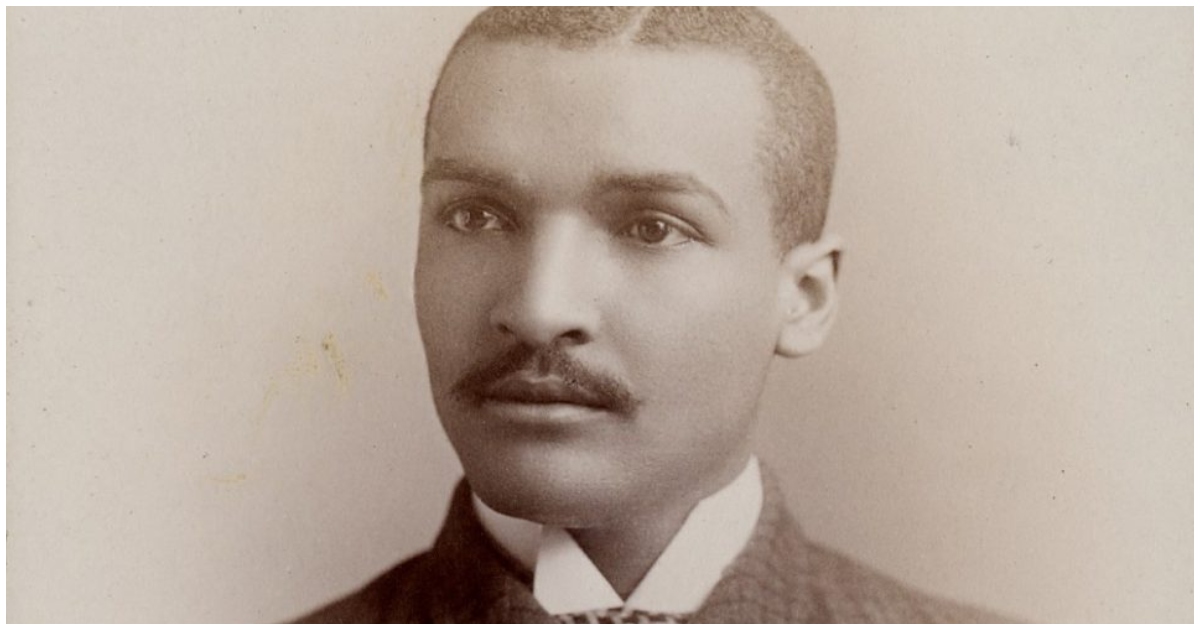John Wesley Gilbert broke barriers as America’s first Black archaeologist. His remarkable journey from poverty in Georgia to groundbreaking academic achievements reshaped the landscape of classical studies and education.
Pioneer in Archaeology and Classical Studies
Born on July 6, 1863, in Hephzibah, Georgia, Gilbert’s passion for learning propelled him to great heights. He became one of the first ten Black students at Brown University, graduating with an A.B. in 1888.
Gilbert’s thirst for knowledge led him to the American School of Classical Studies in Athens, Greece. There, he made history as the first African American student. His archaeological fieldwork resulted in the discovery of the ancient Greek city of Eretria.
Academic Trailblazer and Linguistic Genius
Gilbert’s academic prowess was unparalleled. He created the first map of Eretria, marking a significant contribution to archaeology. In 1891, he became the first African American to earn a master’s degree in archaeology from Brown University.
His linguistic skills were equally impressive. Gilbert mastered French, German, classical and modern Greek, Latin, and African languages Otetela and Tshiluba. These skills set him apart as one of the first Americans to conduct professional archaeological work in Greece.
Advocate for Education and Interracial Cooperation
Gilbert’s commitment to education extended beyond his own achievements. He became the first Black instructor at Paine College, an HBCU in Augusta, Georgia. For over 30 years, he shaped young minds and advocated for interracial cooperation.
His partnership with Rev. George Williams Walker, Paine College’s white president, exemplified his belief in collaboration across racial lines. This friendship lasted a lifetime, setting an example for future generations.
Missionary Work and Lasting Legacy
Gilbert’s influence reached far beyond academia. In 1911 and 1912, he embarked on a missionary journey to the Belgian Congo. Representing the Colored Methodist Episcopal Church, he worked alongside Walter Russell Lambuth, a white bishop.
Together, they established a mission at Wembo Nyama in central Congo. This mission continues to thrive today, serving as a testament to Gilbert’s dedication to service and cross-cultural understanding.
A Life of Firsts and Lasting Impact
John Wesley Gilbert’s life was marked by numerous ‘firsts’. From his academic achievements to his missionary work, he paved the way for future generations of Black scholars and leaders.
His legacy lives on through the institutions he served and the lives he touched. Gilbert’s story reminds us of the power of education, perseverance, and cross-cultural cooperation in driving positive change.





